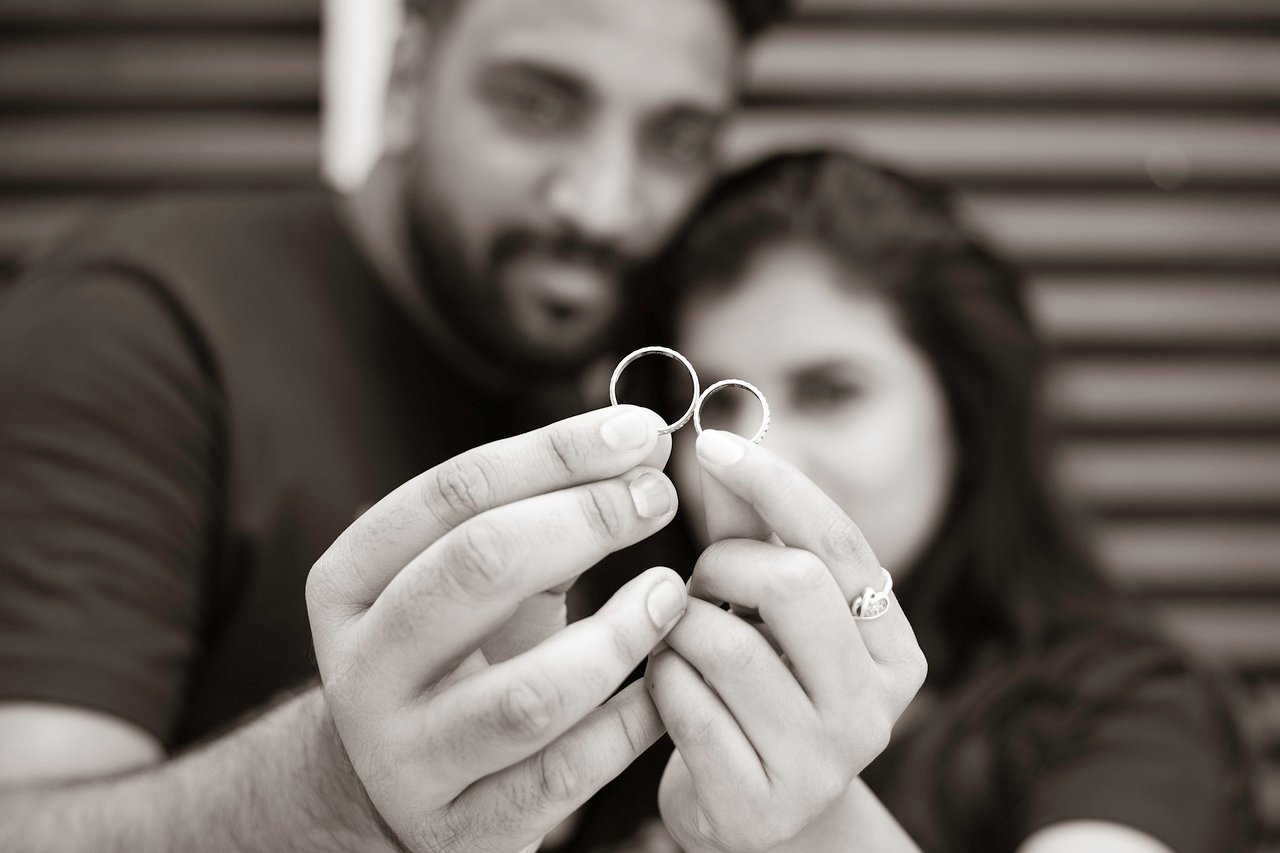As the world is changing, a clear and identifiable positive acknowledgment is that of therapy; a place to explore aspects of mental and emotional well being we don’t or can’t do in our day-to-day lives. Therapy is of course something that benefits the individual but also has benefits to those in relationships. This post will delve deeper into ‘how’ (not the ‘why’) couples therapy can be beneficial to repairing/developing/growing a relationship.
The therapist’s role is to facilitate a deeper understanding of the barriers and challenges in the relationship in order to elicit a collaborative environment so a healthier style of interaction can be achieved. This begins once an initial assessment period has brought to focus the difficulties within the relationship and subsequent discussions are guided to ensure both parties hear one another. Some responsibilities to the therapist are in relation to equipping the couple with tools and skills where they are able to evaluate the problem with a view to resolve.
- Improved communication – individually, we have varying communication and attachment styles and these can influence the effectiveness to the level of understanding when faced with a conflict. With a growing awareness of these styles, partners are able to acknowledge each other’s perspective leading a discussion that is not lost and influenced by emotions alone. Often couples will be encouraged to practice and attempt communication techniques out of the session and learn to navigate the direction of the discussion. Unhelpful and helpful words and phrases are identified i.e., unhelpful ‘you always’, ‘you never’ / helpful ‘I feel’, ‘I need’. Learning how to actively listen to each other is also a focus when improving communication, as this gives partners a sense of comfort and confidence in being heard and validated. Alongside active listening, couples can learn by mirroring one another in what is being said and this allows for more opportunity to be heard by adapting to what is understood.
- Conflict resolution – this begins with identification of the ‘common ground’, where clients explore if partners feel they are on the same side or on opposing sides. Once this common ground is clear to both parties, more emphasis falls onto recognition of emotions whilst exploring a more solution focused/problem solving dynamic. Often, couples will learn to navigate this by checking in on how negotiable they feel they are able to be or feel is appropriate. This, of course, will be determined by how they communicate their positions.
- Awareness to needs – there may be times when individuals lose sight of their needs and this can detrimentally impact the relationship. Often, couples will hold resentment and animosity which can be displaced onto other areas of the relationship. Self awareness to individual needs alongside clarity of personal boundaries can help forge a roadmap to the common ground whilst containing conflict and miscommunication. Boundaries teach others how to treat us and clarity of our boundaries determines what we need. As in all aspects of life, our needs in a relationship change and it is with regular and consistent checking in that these needs can be met. Mindfulness is a practice whereby one experiences being present or ‘in the moment’ whilst eliminating any judgement, prejudice and assessment. Mindfulness in the relationship, mindfulness together, mindfulness apart can explore the couple’s needs and with guidance of the therapist, the mindfulness technique can be adapted.
- Emotional & physical intimacy – as a relationship starts, grows and develops- emotional and physical intimacy levels also change. It can be without consciously meaning to disconnect emotionally or/and physically that couples experience isolation. To tackle this isolation, couples therapy can encourage a safe and comfortable environment to reconnect and bridge this distance. For many, these types of intimacies allow couples to share and express this connection. By expressing gratitude to efforts made to one another, by emotionally supporting a partner when they are struggling, by hearing each other, couples can experience a shift in this connection. And often, emotional intimacy amplifies and increases the more physical and sexual aspect of the relationship.
- Trust – This is the cornerstone to a relationship, giving each partner a strong sense of security and comfort. It is when one is able to be/feel/express vulnerability that a deeper level of trust and security can grow and develop but this is a multi pronged approach to achieve i.e., by communicating effectively, by being aware of each other’s needs, by feeling a level of intimacy and connect, and being able to contain the frequency and intensity of conflicts. Couples therapy encourages each partner to consistently invest in trust building whilst taking positive risks with vulnerability. Trust is most needed and essential when there is conflict or opposing views/beliefs/understandings.
Couples therapy is no longer something “only” married couples access as more and more cohabitating, new relationships, engaged and long term couples are choosing to explore relational challenges. With improving communication, conflict resolution, trust, emotional intimacy and being more aware of each other’s needs, couples are able to approach these challenges from a united front rather than feeling alone and overwhelmed. No matter what stage of the relationship, couples therapy is a source of support and a place to navigate focus and attention to a more loving, healthy and caring place – help is always available.

